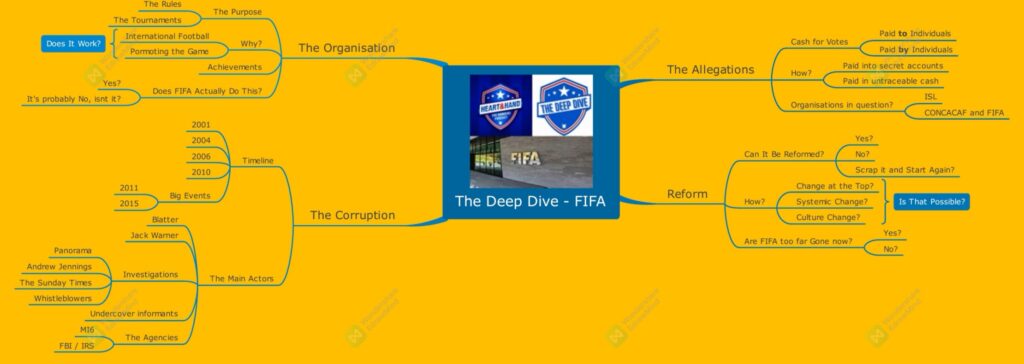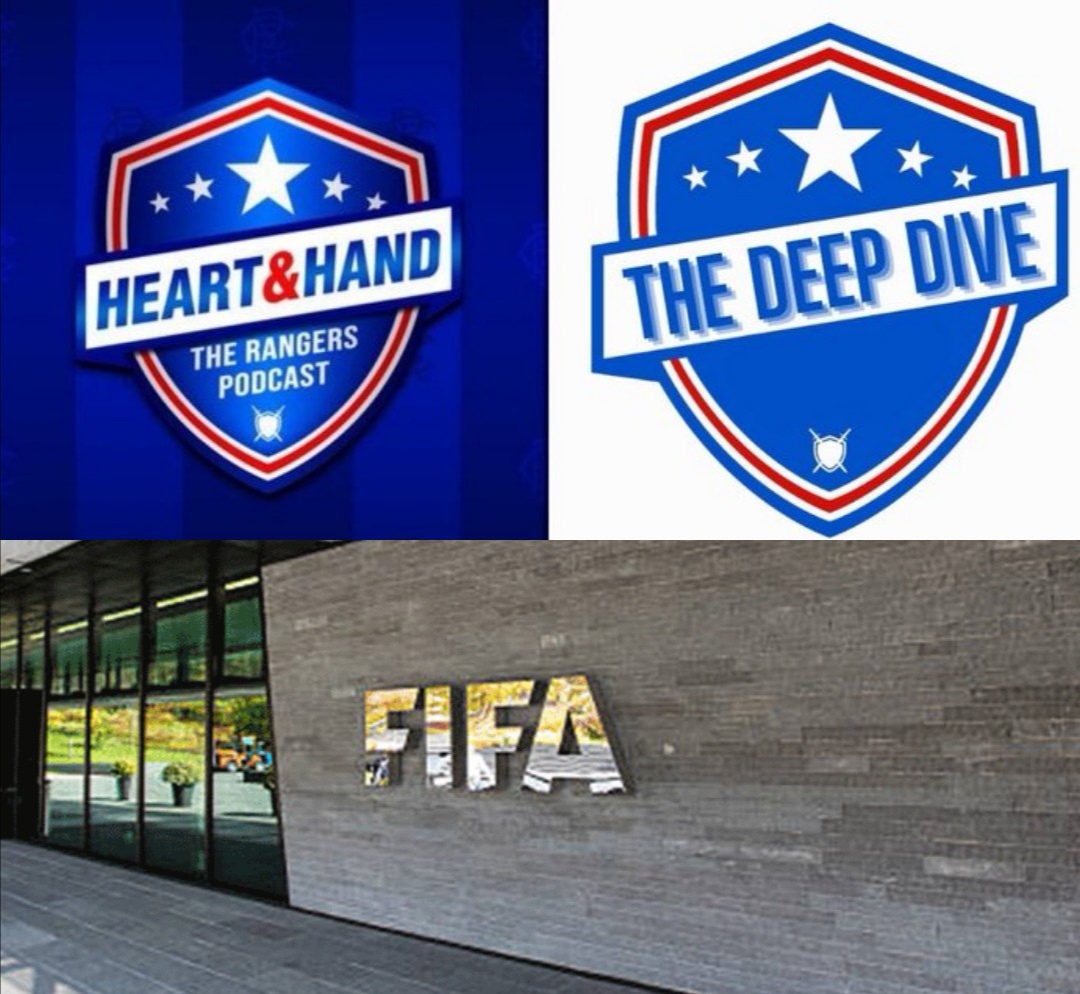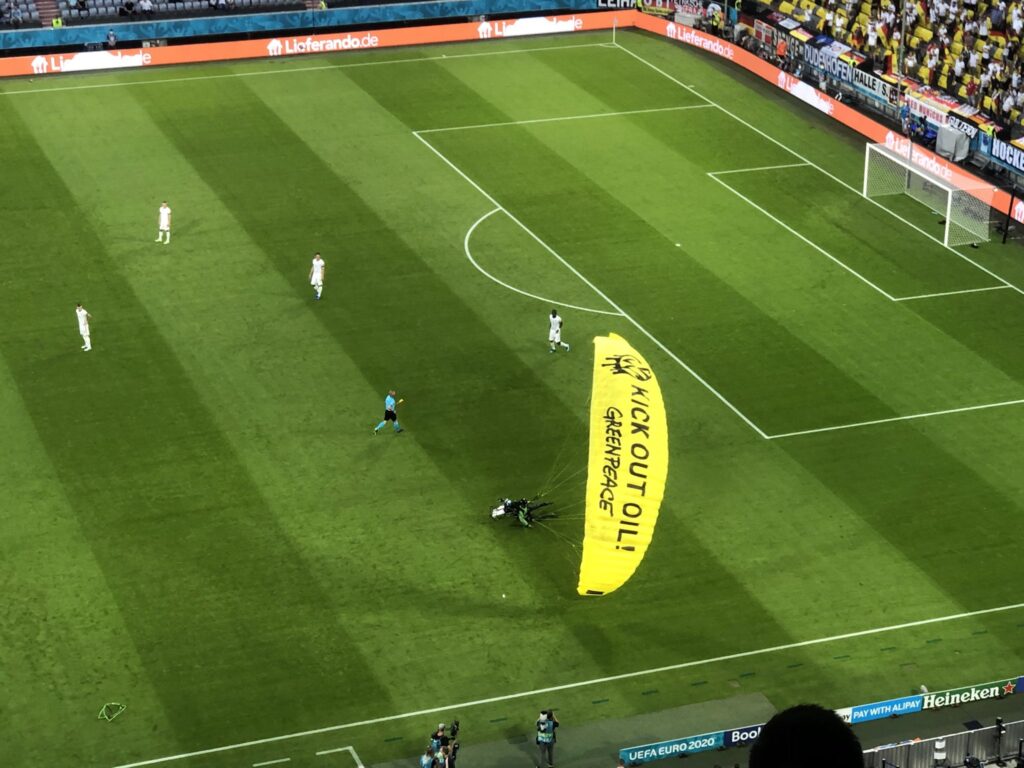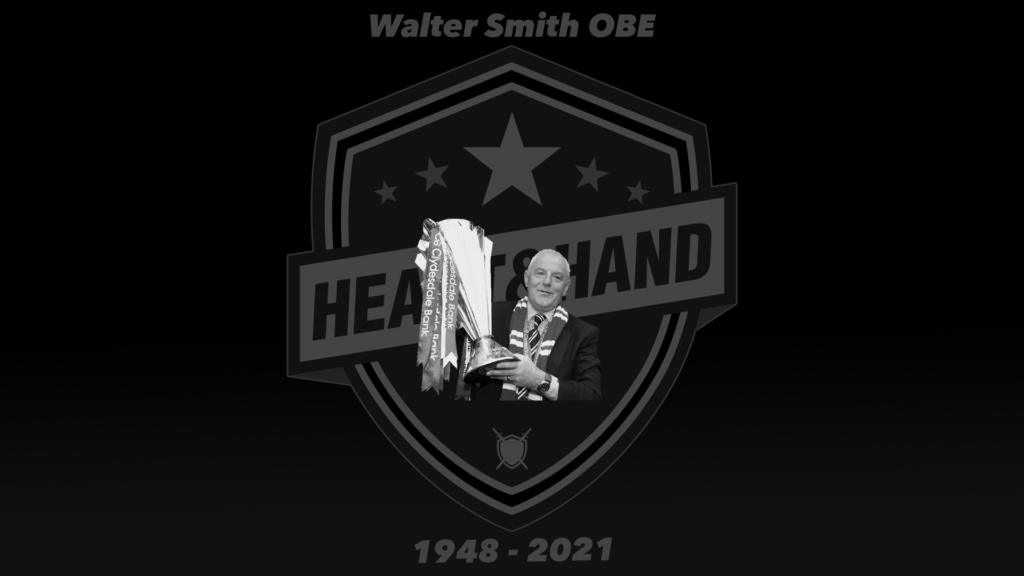This supplementary document will focus less upon the actual functions of FIFA, which will be discussed in the pod, but instead give further detail to a lot of the allegations and convictions of corruption within the organisation – including the timeline of the allegations, the investigations, and the convictions.
2001-2009
The dominoes at FIFA began to fall in 2001 after the collapse of their marketing partner International Sport and Leisure (ISL) in what some viewed as suspicious circumstances and in 2002, a whistleblower contacted Investigative journalist Andrew Jennings about systemic corruption within FIFA.
Jennings initially began challenging Blatter on the issue of corruption and Bribery two years later in 2004, at a press conference in Tunis, where he asked the former FIFA president:
“After the last marketing and TV contract was signed with ISL for 2002 and 2006, a secret payment of one million Swiss francs from ISL arrived by accident in FIFA’s bank account. It’s alleged that you, as general secretary at the time, instructed it was to be moved immediately to a private account of a FIFA official. Who did the money go to?” – a question Blatter refused to answer.
The allegations began in earnest with the release of a book in 2006 (which I highly recommend) named Foul! The Secret World of FIFA: Bribes, Vote-Rigging and Ticket Scandals by Jennings, alongside his Panorama expose entitled “The Beautiful Bung: Corruption and the World Cup” which alleged cash-for-contracts was being paid to FIFA officials after the collapse of ISL.
The expose revealed that Blatter was under investigation by Swiss police forces for his role in a bribery scandal worth £1m. in the show, former CONCACAF official Mel Brennan became the first high profile figure to go public with their inside knowledge of FIFA and allegations of corruption. This, partnered with an investigation by the Sunday Times led to the first-ever FIFA official being banned for bribery as Ismael Bhamjee of Botswana was banned in a cash-for-votes scandal. Further to this, a 2007 Panorama expose (there’s a lot of these by the way) titled “FIFA and Co” alleged that Jack Warner, former Vice-President of FIFA, and President of CONCACAF had solicited bribes.
2010
The next major revelation came in 2010 in the next Panorama expose called “FIFA’s Dirty Secrets” (broadcast just days before Russia and Qatar were announced as the hosts of the 2018 and 2022 World Cups respectively), as Jennings claimed Nicolas Leoz, Issa Hayatou, and Ricardo Teixeira all received bribes over a decade long period between 1989-1999 by ISL, totaling $100m. This led to suspicions by some inside the ISL that they were only being continually awarded the marketing contracts for World Cups due to bribes to FIFA officials. The expose also revealed (and this was to be later corroborated by the Dutch government) that in order to be eligible to host the tournaments, FIFA mandated that countries gave officials and sponsors tax exemptions and the reduction of workers’ rights – which is contrary to the core principles that FIFA claim to have as an organisation. Jennings was at this point banned from all FIFA press conferences. At this time, an undercover Sunday Times investigation found two FIFA Executive Committee members willing to sell their votes for cash. The two members were subsequently banned from FIFA.
In December of 2010, US federal law enforcement agents from the FBI and IRS secured the undercover services of CONCACAF official Chuck Blazer. Blazer had been committing tax fraud by failing to file his tax returns and was receiving multimillion-dollar offshore payments in bribes so when confronted, he immediately agreed to act as an informant. [On a side note, Blazer is an absolutely fascinating character who will be discussed more on the pod]

2011
In 2011, the International Olympic Committee (IOC) began investigating historic bribery claims against honorary FIFA president Joao Havelange (the father-in-law of the aforementioned Ricardo Teixeira) after Panorama revealed he had allegedly taken $1m in bribes in 1997 from ISL. In 2012, a Swiss Prosecutors report would reveal that between them, Havelange and Teixeira would pocket 41m Swiss Francs (£27m) in “bribery payments” from ISL. This created a mountain of pressure for Blatter to resign, as it was revealed that he knew of these payments which directly lead to the awarding of the 2002 and 2006 World Cup TV contracts being awarded to ISL and done nothing about it. It was at this time that former M16 spy Christopher Steele began passing information to the FBI to enhance their own investigation into FIFA and a whistleblower named Phaedra Almajid, a member of the Qatari team bidding for the 2022 World Cup, first went public with cash-for-votes allegations. This was supported by another Sunday Times investigation which found evidence to suggest and Issa Haytou and Jacques Anouma of Cameroon and Ivory Coast were paid $1.5m by Qatar to vote for their bid, an allegation which they denied.
This was also the year of the FIFA Presidential election and allegations came to light of Presidential candidate Mohamed Bin Hammam, alongside Jack Warner, offered cash-for-votes. These allegations came from Fred Lunn, the Vice-President of the Bahamas Football Association, who claimed he was given $40,000 in cash to vote for Bin Hammam, and Louis Giskus, the President of the Surinamese Football Association who alleged he was also given $40,000 in cash for “development projects” as an incentive to vote for Bin Hammam.
2012-2014
In 2012, former US Attorney Michael Garcia began investigating these claims of corruption and in September 2014, handed his 350-page report to FIFA’s head of adjudication on ethical matters, Hans-Joachim Eckert, in which Garcia evidenced widespread bribery, corruption, and sleaze at the heart of FIFA’s Executive Committee. The report however did not manage to establish a prima facie case against Blatter, it did highlight the numerous failures that happened on his watch, stating:
As the leader of FIFA, responsibility for these failings and for positive steps taken to reform the organization resides with President Blatter – Garcia Report, Page 338.
Eckert refused to publish the report and instead released a heavily edited 48-page summary, which lead Garcia to resign in protest.
In 2013, Warner and Blazer were accused of widescale fraud during their time at CONCACAF, with accusations that Blazer had received $15m in commission. In 2014, Blazer’s involvement as an informant for the FBI and IRS were revealed, as well as the information that he had worn a wire during incriminating meetings between FIFA executives with the recordings acting as key pieces of evidence to issue the warrants for the 2015 arrests.
2015-2019
On 27 May 2015, the first arrests were made as seven FIFA officials were arrested at the Baur au Lac hotel in Zurich, Switzerland, on charges of wire fraud, racketeering, and money laundering brought by an indictment by the United States Department of Justice after an FBI investigation. Jack Warner handed himself in to the police. They were followed by another two FIFA officials and five corporate executives. It eventually grew to 41 arrests, with twelve individuals and two organisations being convicted at the time of writing.
On 2 June 2015, a letter was revealed which claimed FIFA’s Secretary General Jerome Valcke was aware of a $10m in bribes to Jack Warner in relation to the 2010 World Cup. On this day, Blatter resigned as the head of FIFA and in September, Valcke was removed from his duties with immediate effect after allegations of ticket touting emerged.
In 2017, the Garcia report was finally published in full.
It was found by The Sunday Times in 2019 that Qatari state ran TV channel Al Jazeera secretly offered $400m to FIFA for broadcasting rights to the 2022 world cup just three weeks before the vote. The investigation also found evidence of an agreement that 4100m would be paid from Al Jazeera to FIFA only if Qatar won the bid, with an additional $480m being offered by the Qatari state bringing the total amount to $880m. These documents are now part of the Swiss police forces’ investigation into bribery.
I hope this has provided a clear timeline and explanation of the sheer scale of alleged corruption at the heart of the organisation that runs our game. Myself, James, and Simon will try to wade through this mess and achieve some clarity on how we feel the future of FIFA should look like on the pod.
As always, thank you for reading,
Ross.
Twitter: @HeartandHutts




